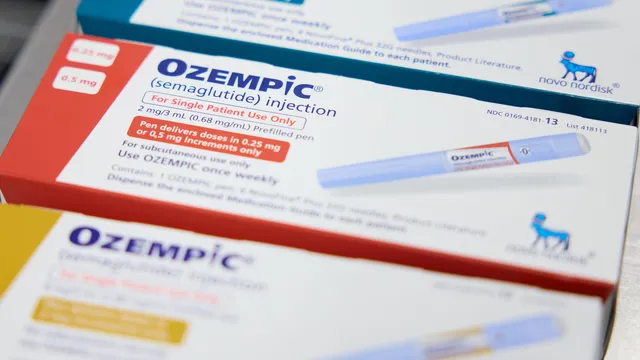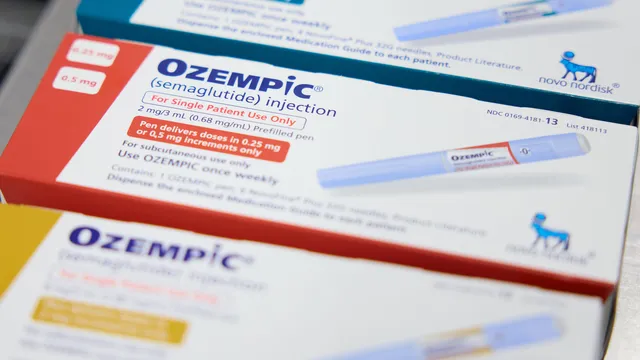Portugal is restricting doctors' ability to prescribe popular weight loss drugs and blood sugar monitoring devices due to concerns that they are being misused.
From August 8, only doctors from four medical specialties will be able to prescribe glucose sensors and drugs such as Ozempic, Wegovy, and Mounjaro, which are known as glucagon-like peptide-1 (GLP-1) receptor agonists, Euronews reported.
Used to treat type 2 diabetes and obesity, the drugs help people lose weight by mimicking a hormone that makes them feel full for longer.
The injectable drugs are in high demand, leading to problems with their availability on the market.
This is the case with Ozempic from the Danish laboratory Novo Nordisk. Ozempic is approved in Portugal only for the treatment of type 2 diabetes, but is in high demand for weight loss.
Mounjaro (Eli Lilly) and Wegovy (Novo Nordisk) are approved for both diabetes and obesity. In the first four months of 2025, Portuguese consumers spent around €21 million on these drugs.
Now, only doctors from approved specialties—endocrinology and nutrition, internal medicine, pediatrics, and general and family medicine—will be able to prescribe them.
Glucose sensors are also in high demand among people who do not have diabetes, leading to shortages of these monitors in pharmacies. According to the newspaper Público, they are being prescribed by doctors who do not work with diabetes patients and are in high demand among dieters, athletes, influential figures, and even for use in animals.
The Portuguese Ministry of Health published the regulation in April, warning of "recent reports of unauthorized access to and use of these same technologies, which has jeopardized their availability for those who really need them."
"This decree aims to regulate and correct these violations by promoting effective and adequate access to these important health tools," the ministry said.
The president of the Portuguese Diabetes Society (SPD), João Raposo, praised the measure but said it was overdue and might not solve the problem of difficult access to these drugs.
"We are waiting to see if the measure will simplify or facilitate access," Raposo told the Lusa news agency.
"Personally, I have some doubts because I believe that the number of prescriptions outside these specialties is not significant," he added.
Raposo said that diabetics and doctors are not opposed to these drugs being used to treat obesity. But there are "abnormal prescriptions and a lack of monitoring of these people," he added. | BGNES

 Breaking news
Breaking news
 Europe
Europe
 Bulgaria
Bulgaria







